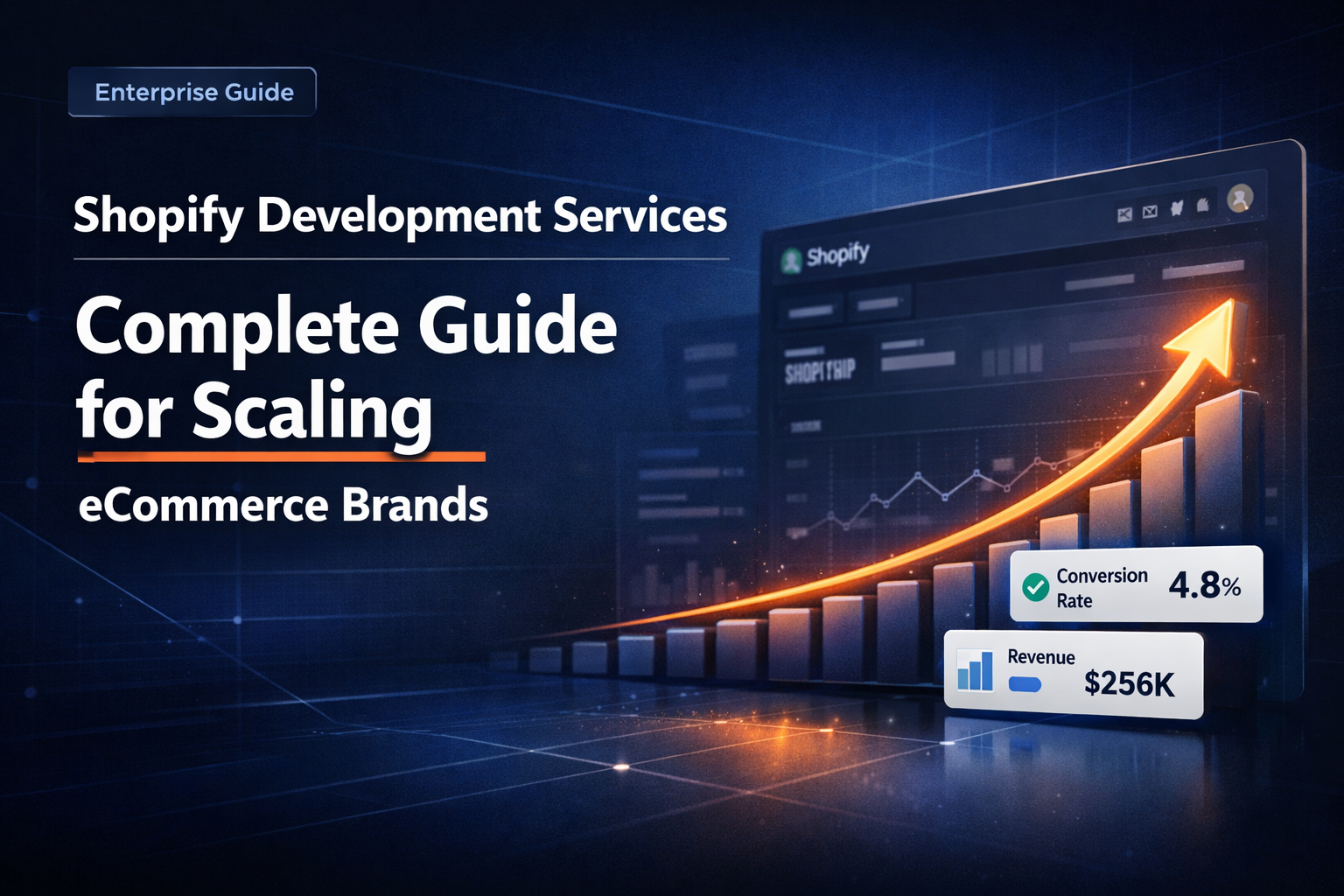In the ever-evolving realm of web development, creating an exceptional user experience (UX) is at the forefront of every developer’s goals. As we step into 2024, the significance of front-end development in shaping user interactions has never been more crucial. This blog explores the best practices for front-end developers to optimize user experience and ensure that websites are not just functional but delightful and intuitive.
1. Embrace a Mobile-First Approach
With the majority of internet users accessing websites through mobile devices, adopting a mobile-first approach is no longer a suggestion but a necessity. Start designing for smaller screens and progressively enhance the layout for larger devices. This approach ensures a seamless experience for users across various screen sizes.
2. Prioritize Website Performance
User patience is at an all-time low when it comes to slow-loading websites. Prioritize performance optimization by compressing images, leveraging browser caching, and minimizing HTTP requests. Tools like Google PageSpeed Insights can help identify areas for improvement and ensure your site loads quickly, even on slower networks.
3. Implement Responsive Design Principles
Responsive design isn’t just about making a website look good on different devices; it’s about creating a consistent and enjoyable experience. Utilize flexible grids, media queries, and relative units to ensure that your site adapts seamlessly to various screen sizes, from smartphones to large desktop monitors.
4. Accessibility Matters
Web accessibility is a fundamental aspect of UX. Ensure that your website is accessible to users with disabilities by following the Web Content Accessibility Guidelines (WCAG). Provide alternative text for images, ensure keyboard navigation, and use ARIA roles to make your site inclusive and user-friendly for everyone.
5. Optimize for Search Engines (SEO)
A well-optimized front-end contributes to better search engine rankings. Structure your HTML semantically, use descriptive meta tags, and implement proper heading hierarchy. Mobile-friendliness, fast loading times, and a secure connection (HTTPS) are also factors that search engines consider when ranking websites.
6. Interactive and Intuitive Design
Engage users with interactive and intuitive design elements. Incorporate microinteractions, smooth transitions, and subtle animations to enhance the overall user experience. Intuitive navigation and clear calls-to-action contribute to a positive user journey, keeping visitors engaged and satisfied.
7. Test Across Multiple Browsers and Devices
The diversity of browsers and devices in use today makes cross-browser and cross-device testing crucial. Ensure that your website functions seamlessly across popular browsers (Chrome, Firefox, Safari, Edge) and different devices (smartphones, tablets, laptops, desktops). This guarantees a consistent experience for all users.
8. Leverage Front-End Frameworks
Consider using front-end frameworks like React, Vue.js, or Angular to streamline development and enhance the user interface. These frameworks provide reusable components, making it easier to maintain consistency and improve development efficiency.
9. Continuous Monitoring and Improvement
User experience is an ongoing process of refinement. Implement analytics tools to monitor user behavior, gather feedback, and identify areas for improvement. Regularly update and iterate on your front-end codebase to address performance issues and stay current with evolving best practices.
10. Stay Informed About Emerging Trends
The field of front-end development is dynamic, with new tools and techniques constantly emerging. Stay informed about the latest trends, attend conferences, and participate in the developer community. This proactive approach ensures that you’re equipped to incorporate innovative solutions into your front-end development workflow.
Conclusion
In the competitive landscape of web development, optimizing user experience is not just a goal; it’s a continuous commitment to excellence. Front-end developers in 2024 must prioritize mobile responsiveness, performance, accessibility, and engaging design to create websites that not only meet but exceed user expectations. By embracing these best practices and staying ahead of emerging trends, front-end developers can play a pivotal role in crafting digital experiences that leave a lasting impression on users.



